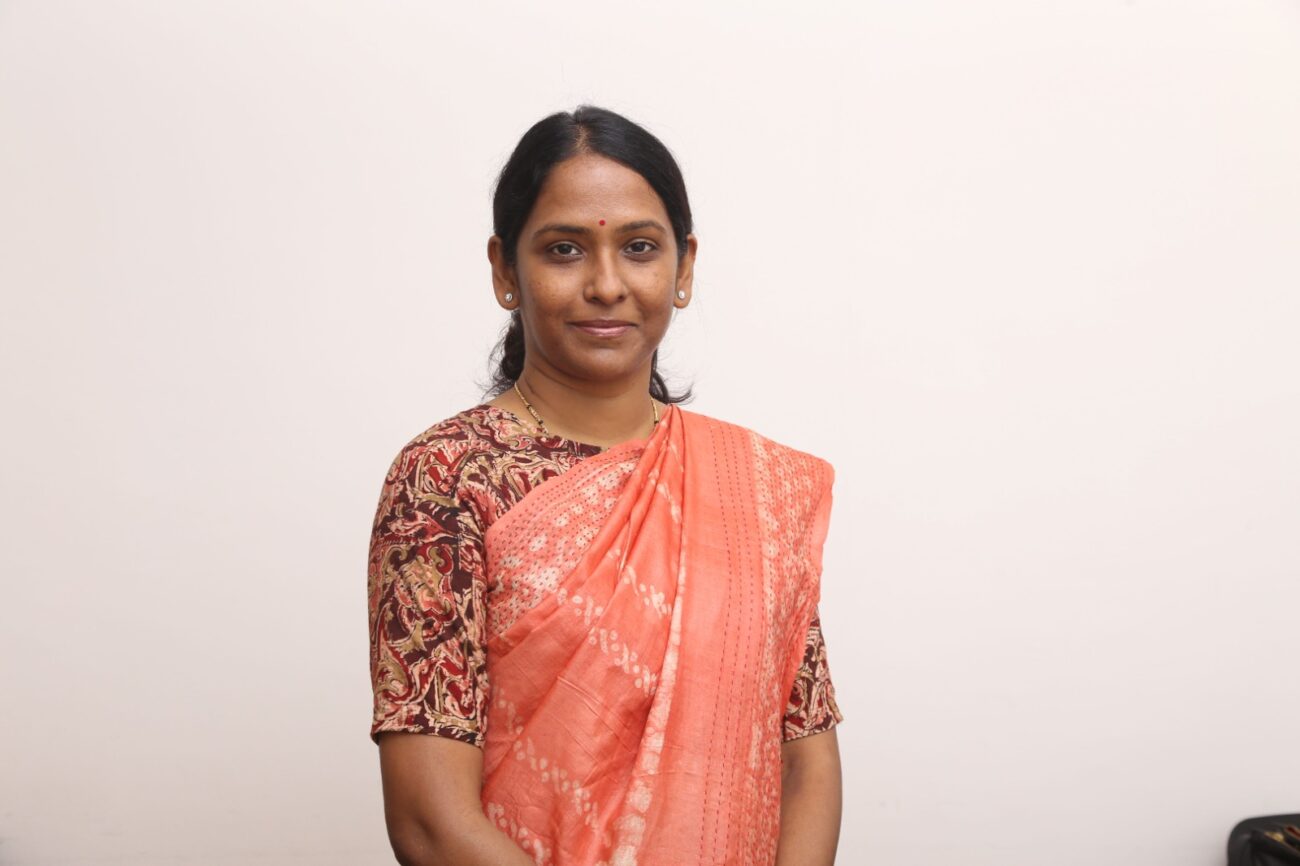WHO Urges Nations to Prioritize Health in Climate Action at COP29: Calls for Phasing Out Fossil Fuels and People-Centered Adaptation
Baku, Azerbaijan — Ahead of the 2024 United Nations Climate Change Conference (COP29) in Baku, the World Health Organization (WHO) is urging global leaders to transition away from fossil fuels and center health in climate

Baku, Azerbaijan — Ahead of the 2024 United Nations Climate Change Conference (COP29) in Baku, the World Health Organization (WHO) is urging global leaders to transition away from fossil fuels and center health in climate adaptation and resilience efforts. In its newly launched COP29 special report on climate and health, alongside a guidance document on Healthy Nationally Determined Contributions (NDCs), WHO makes a strong case for a holistic approach to climate action, emphasizing that the climate crisis is, at its core, a health crisis.
Health at the Heart of Climate Policy
“Climate change poses a direct threat to human health, and thus must be prioritized in all climate-related strategies,” said Dr. Tedros Adhanom Ghebreyesus, Director-General of WHO. “Positioning health at the core of climate negotiations and policies is not only a moral and legal responsibility but an opportunity to unlock transformative health benefits for future generations.”
As WHO highlights, climate change is not only an environmental challenge but a significant public health issue. From severe heat waves to worsening air quality, the consequences of climate change are directly impacting the lives and well-being of billions worldwide, with an estimated 3.6 billion people living in areas highly susceptible to climate change. The WHO report identifies critical policies that aim to protect people, place, and planet, with a particular focus on the synergy between environmental protection and public health.
A Bold Call for Integrated Climate and Health Policy
Developed with input from over 100 organizations and 300 experts, the WHO COP29 special report emphasizes the need for governance structures that integrate health into climate policy-making. Key recommendations include:
Prioritizing Health in Climate Success: By making human health and well-being the primary measure of climate action success, WHO aims to catalyze progress towards people-centered adaptation and resilience.
Phasing Out Fossil Fuels: WHO advocates ending fossil fuel subsidies and reducing dependence on fossil fuels by reshaping financial systems to favor sustainable, clean alternatives. This transition could reduce pollution-related illnesses and drastically cut carbon emissions.
Mobilizing Climate-Health Financing: With a focus on building responsive, climate-proof health systems, WHO calls for increased funding to strengthen healthcare infrastructure and workforce, particularly in regions most vulnerable to climate impacts.
Investing in Proven Solutions: Implementing just five interventions, such as heat-health warning systems and cleaner household energy, WHO estimates could save nearly two million lives annually while generating $4 in benefits for each dollar spent.
Cities as Key Players: Recognizing urban centers as pivotal to health outcomes, the report suggests improving urban design, energy sources, housing resilience, and sanitation as essential steps toward a sustainable future.
Restoring Nature and Biodiversity: Protecting ecosystems is vital to ensuring clean air, water, and food security, each of which has significant health implications.
Dr. Maria Neira, WHO’s Director of Environment, Climate Change, and Health, underscored the urgency of the situation. “Health is the lived experience of climate change. By prioritizing health in every facet of climate action, we can unlock immense public health, security, and economic benefits,” she said.
Launch of “Healthy NDCs” Technical Guidance
To support countries in integrating health considerations into their climate commitments, WHO also released technical guidance for “Healthy NDCs,” a framework for embedding health within Nationally Determined Contributions (NDCs) under the Paris Agreement. While 91% of countries have identified health as a priority in their NDCs, few include specific actions to harness health benefits through climate mitigation and adaptation efforts.
The guidance outlines concrete steps for various ministries, including health, environment, transportation, energy, urban planning, and sanitation, to prioritize health in both climate adaptation and mitigation policies. This aligns with WHO’s vision of creating resilient, climate-adaptive health systems that protect lives and reduce the health impacts of climate change.
United Nations Secretary-General Backs WHO’s Climate-Health Agenda
United Nations Secretary-General António Guterres echoed WHO’s stance, emphasizing the intertwined nature of planetary and human health. “The climate crisis is a health crisis,” he remarked. “Countries must take concrete steps to protect their citizens, cut emissions, phase out fossil fuels, and establish harmony with nature. COP29 is a key opportunity to push toward these critical goals for the health of both our planet and its people.”
WHO’s Alliance for Transformative Action on Climate and Health (ATACH)
Further advancing this integrated agenda, WHO’s Alliance for Transformative Action on Climate and Health (ATACH) brings together 90 countries and 75 partners. The alliance supports the commitments made at COP26 for developing climate-resilient and sustainable health systems. Through ATACH, WHO is championing coordinated global action that recognizes the inextricable link between health and climate resilience.
Conclusion: A Critical Opportunity for Transformative Climate and Health Action
WHO’s call at COP29 aims to catalyze global leaders to seize this opportunity for transformative action. Through embedding health as a core pillar of climate policy, WHO argues that the world can create a more just, equitable, and resilient future.






